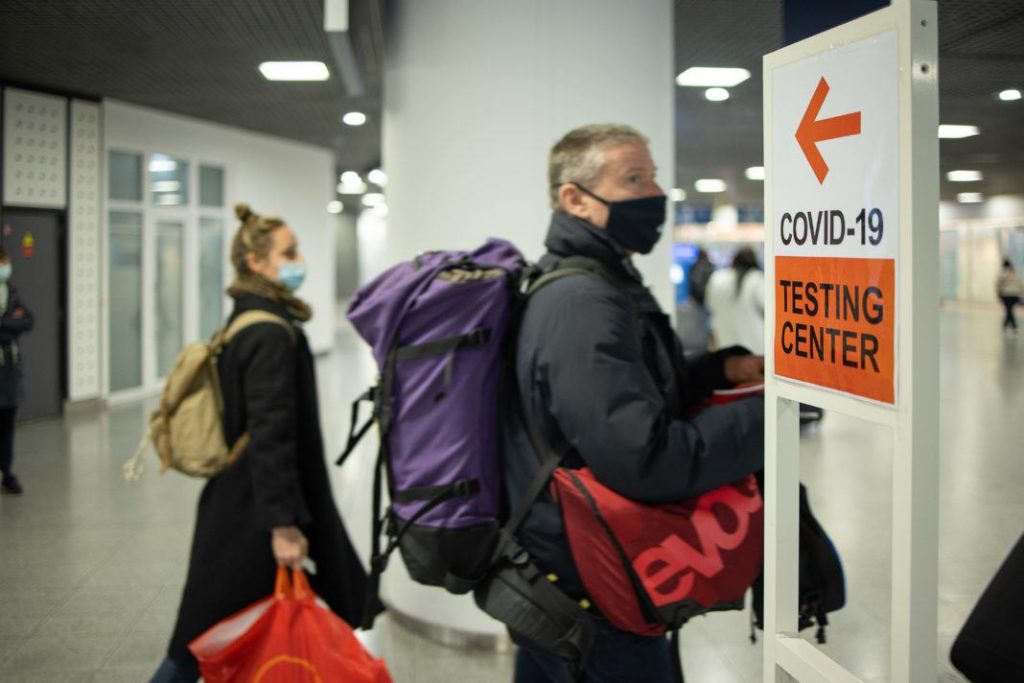As announced by the Consultative Committee on Wednesday, the non-essential travel ban to and from Belgium has been lifted from Monday, but controls on testing upon return will be monitored more strictly.
Travellers will now be called twice on their return in an effort to better follow up people who have been abroad, said Karine Moykens, head of the testing and tracing task force, in Sudpresse on Monday.
"We are going to monitor testing even better. Now, we will not only contact them at the beginning. If on day 5 we see that they still haven't made an appointment with the activation code we sent them for the second test, we will contact them again to remind them of the test obligation on day 7,” Moykens said.
Related News
- Spain imposes quarantine for travellers from 12 countries
- How travel will work after Belgium lifts its non-essential travel ban
Under the non-essential travel ban, people were contacted just once by phone at the beginning of their return to remind them to get tested.
A cooperation agreement has been approved by the various parliaments in Belgium, aiming to make the control of screening and quarantine obligations imposed on travellers returning from a red zone effective.
According to Moykens, the federal entities and the municipalities now have access to the list of people who must be tested and respect a quarantine, and emphasised that "controls could take place.”
The police will be able to monitor and sanction non-compliance on the basis of the information on the Passenger Locator Form (PLF) that travellers must fill in.
The task force found that people tend to comply less with getting a second test. In February, 87% of people complied to take the first test, compared to 47% on the second. In March, the compliance for the first and second tests decreased to 68% and 29%, respectively.
“And at the beginning of April, 75% were doing the first test, whilst only 26% for the second test. So we can see that it is mainly the second test that isn't followed up on as well,” said Moykens.
She stressed that "travel is still not recommended, given that almost all countries are in the red zone and given the epidemiological situation.”
"If you still want to travel, you are free to do so. But be careful and take responsibility. For yourself, but also to protect your fellow citizens," she said.
The non-essential travel ban was introduced on 27 January after it was found that simply advising against travel had not been effective during the end-of-year holiday.
For travel outside the EU, the European rules still apply.
Lauren Walker
The Brussels Times

